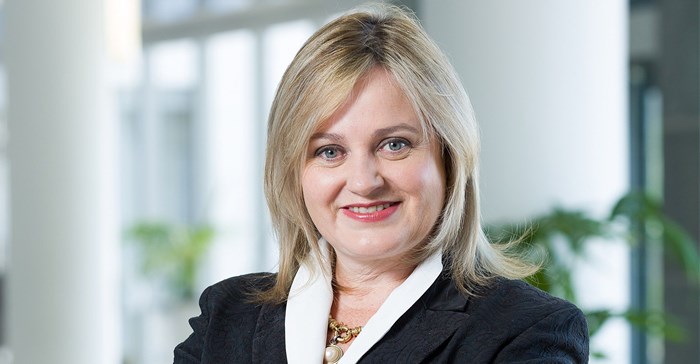
Related
Top stories






More news


ESG & Sustainability
Redisa calls on govt to fix South Africa’s “broken” waste management system



























But what are they looking for when it comes to their money? This is where they differ quite substantially from their parents. They are not looking the white picket fence, 2.4 kids and a job for life. Instead, they want financical independence and personal fulfillment.
“Millennials want to be financially secure. However, most of the research on what this means is US based, we wanted to do our own,” says Elize Botha, managing director of Old Mutual Unit Trusts.
The research showed that 24% of millennials are currently invested in a unit trust – versus only 2% among older generations – with 57% of millennials saying they invested in a unit trust with the purpose of increasing their net worth (1st) and 47% saying they looked to invest to reach financial freedom (2nd). However, the survey also revealed that 35% of millennials were saving money to pay back debt – this number was 13% for older South Africans.
Mapalo Makhu, personal finance coach and founder of financial coaching firm, Woman & Finance, said that millennials are facing unique financial challenges that makes them susceptible to debt. “Many first-generation middle-class South Africans, millennials are playing ‘asset catch up’ - purchasing appliances and motors vehicles on credit.
They are also the sandwich generation, meaning they are caring for children, while also providing financially for their parents which creates a tension between the expectations of family and dreams millennials have for their own financial future.
Makhu points out that millennials are also far more entrepreneurial than previous generations. “They want to own their own time, and working for a coporate doesn’t fit. Many of them have a sidehustle – a sideline that they hope to grow into a business of their own.”
Research also showed that millennials are more likely to save money – in order of priority – towards travel (37% versus 10%), their education (31% versus 4%), a motor car (32% versus 11%) or starting their own business (23% versus 3%) – than older generations.
“This shift in priorities speaks to the bigger differences in the way millennials and older generations view money and the unique challenges they face,” says Botha. “Complete financial freedom – and the flexibility it offers us to travel, or to be our own boss – comes when the income from your assets exceeds your expenses. Only by reducing debt in tandem with investing in investment vehicles which offer growth assets and returns can millennials hope to reach this goal.”
Botha explains the four pitfalls millennials face on their journey to reach financial freedom:
“Unlike saving – which is setting money aside with the intention of spending tomorrow – the second step to reach financial freedom is rather to invest and build wealth by creating a second source of income to supplement your salary,” says Botha.
